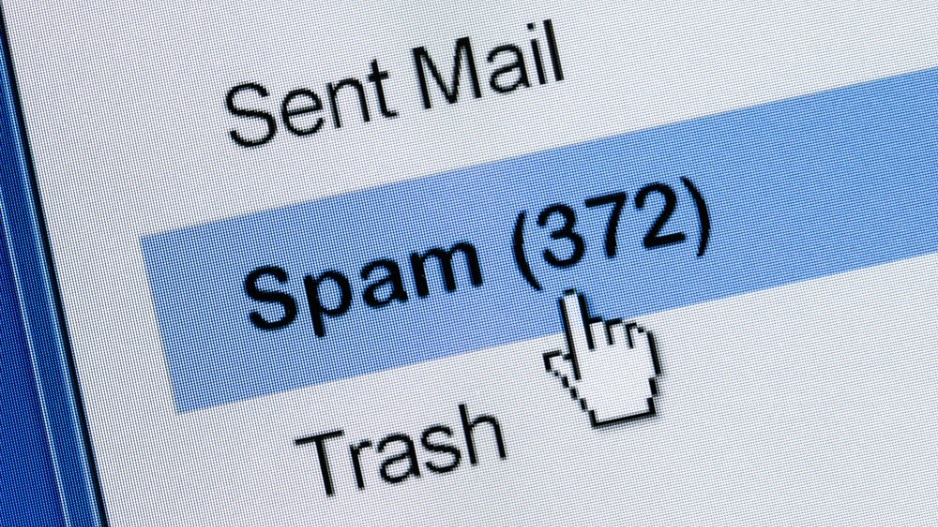Most small businesses have done nothing to comply with Canada’s Anti-Spam Law (CASL) that is coming into effect July 1, according to the Canadian Federation of Independent Business (CFIB).
A survey of small business owners published June 25 found that only 15% are aware of the new law’s requirements. The majority – 62% – have done nothing to meet the requirements.
The CFIB said it has been contacted by many small businesses who are having trouble getting ready for the new law, and that the support these businesses have received from the CRTC has been unimpressive.
“Businesses support the idea of reducing spam, but everything we're hearing suggests that the current rules need to be made small business-friendly,” Kelly said.
“CFIB members support a focus on education over enforcement, and providing exemptions where these rules are not workable, for example where businesses send a relatively low volume of emails per month.”
CASL will require all businesses to seek consent – either express or implied – from all recipients prior to sending business email.
Express consent is when someone has given their approval, verbally or in writing, to receive emails from a business. Any contacts who have given consent before the July 1 deadline are deemed acceptable. CASL will require evidence of this consent
Implied consent is when a business has an existing relationship with the recipient, with specific criteria to judge this relationship.
Kelly said that many small businesses don’t see themselves as “spammers” and may be unaware that these rules apply to them.
“…under the new law, everyday interactions with customers and potential customers will be considered spam without a significant investment to document the right permissions,” he said.
The CFIB has created a tip sheet for small businesses to help them get ready for the changes.
- With files from Nelson Bennett




